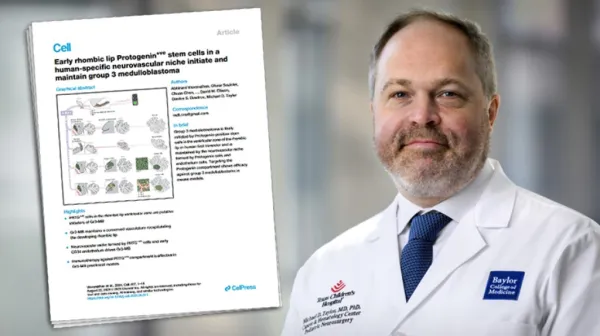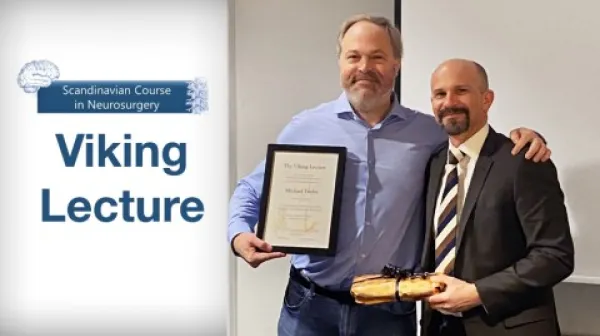Neurosurgery
Conditions We Treat
Our highly trained neurosurgeons have the expertise to treat hundreds of conditions that affect a child’s central nervous system (the brain, spinal cord and nerves). We provide comprehensive care through a multidisciplinary approach, using the latest, most advanced techniques and technology.
These types of tumors are abnormal growths that form in the brain, spinal cord and nerves. Whether they are benign (not cancerous) or malignant (cancerous), a tumor can cause these areas to not function properly. Learn more about Texas Children’s medical and surgical treatment available within our Brain Tumor Program.
Our team can often diagnose congenital malformations that affect the structure of the child’s brain or spinal cord in developing fetuses. Thanks to our pioneering advancements in fetal surgery, certain malformations can be treated in utero at the Texas Children's Fetal Center. Other surgeries take place after the baby is born. Patients are often seen in our Spina Bifida Program.
Facial, jaw and skull abnormalities treated at our Craniofacial Clinic include craniosynostosis, Apert and Crouzon syndromes, Treacher Collins syndrome, and other complex conditions. While most of our patients with these conditions are infants and toddlers, we care for children from birth to age 19.
Plagiocephaly is a treatable condition in which a baby’s skull develops a flat spot on either side or the back of the head. The flattening is generally caused by the baby staying in one position for long periods of time or because of problems with the neck muscles. Because this positioning deformity historically improves over time, the interdisciplinary team in our Plagiocephaly Clinic takes a conservative management approach to determine which therapy the child will benefit from; these include being repositioned often, wearing a helmet and/or physical therapy.
Epilepsy is a brain disorder that causes repeated seizures. A seizure is a sudden burst of electrical activity in the brain that can cause changes in behavior, movements, feelings or awareness. Specialists in our Level 4 Epilepsy Center evaluate and treat children with all types of seizure disorders, epilepsy syndromes and their causes.
Hydrocephalus is a buildup of cerebrospinal fluid in the open areas inside the brain called ventricles. The fluid buildup can put pressure on the brain, affecting its development. Our neurosurgeons offer surgical procedures to treat hydrocephalus and the conditions that cause it.
Tumors and other conditions in the skull base develop near critical brain structures, the top of the spinal cord, major nerves and blood vessels, making it a delicate area for treatment. Our medical team in the Skull Base Program offers exceptional care for children with these complex conditions.
Structural conditions in a child’s spine that cause problems with its curve or alignment often lead to pain, nerve problems and difficulty with movement. Spinal deformities can develop before birth, happen after an injury or occur with other symptoms. Our neurosurgical and nonsurgical treatments are used for conditions including all types of spina bifida, brain and spinal cysts, encephalocele, scoliosis, spondylolisthesis and tethered spinal cord in our Scoliosis and Spinal Deformity Program.
A neurovascular disorder is a condition — such as narrowing, hardening or malformation of the blood vessels — that disrupts normal blood flow and oxygen circulation. Vascular anomalies are structural problems in the blood vessels in and around the brain and spine affecting blood and oxygen flow. Both malformations cause serious complications that are treated in our Neurovascular Clinic and Vascular Anomalies Center.
Related Departments
Explore more
Texas Children’s Pediatric Neurosurgeon and Orthopedic Surgeon Collaborate to Make a Life-Chang...




Dr. James J. Riviello Awarded the 2023 Roger and Mary Brumback Lifetime Achievement Award by the ...

Texas Children’s Hospital Remains No. 1 Pediatric Hospital in the State of Texas for 15th Conse...








